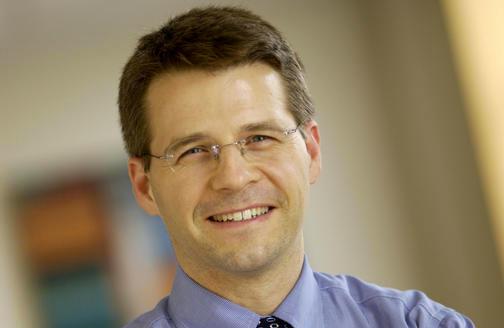Nathan
Maclyn
Thielman

Professor of Medicine
Professor of Pathology
Research Professor of Global Health
Professor of Medicine
310 Trent Drive, Room 201, Trent Hall, Durham, NC 27710
Mailing address
Duke Box 90519, Durham, NC 27708-0519